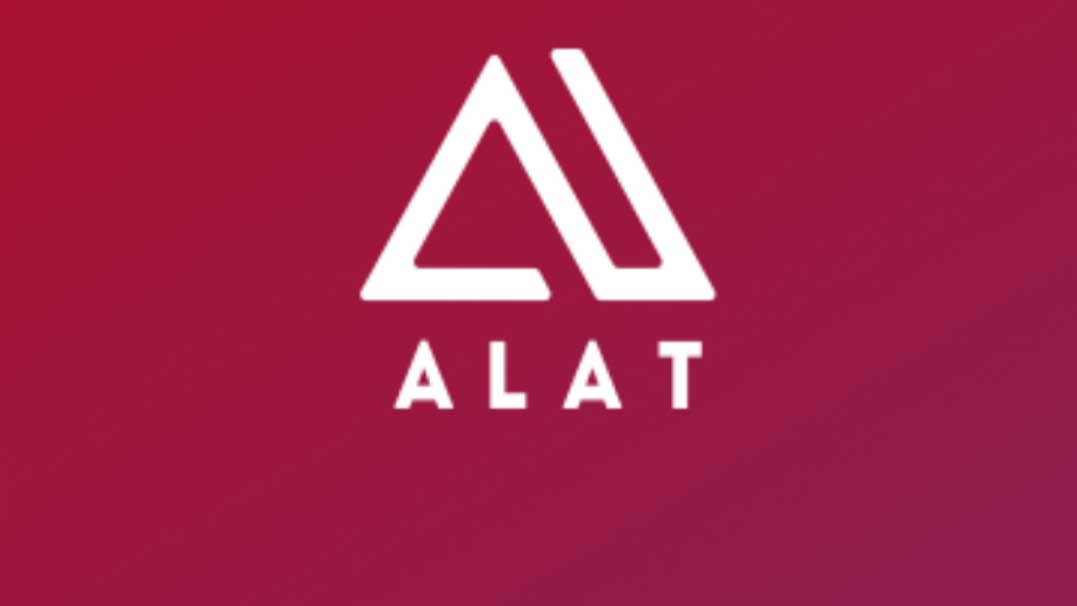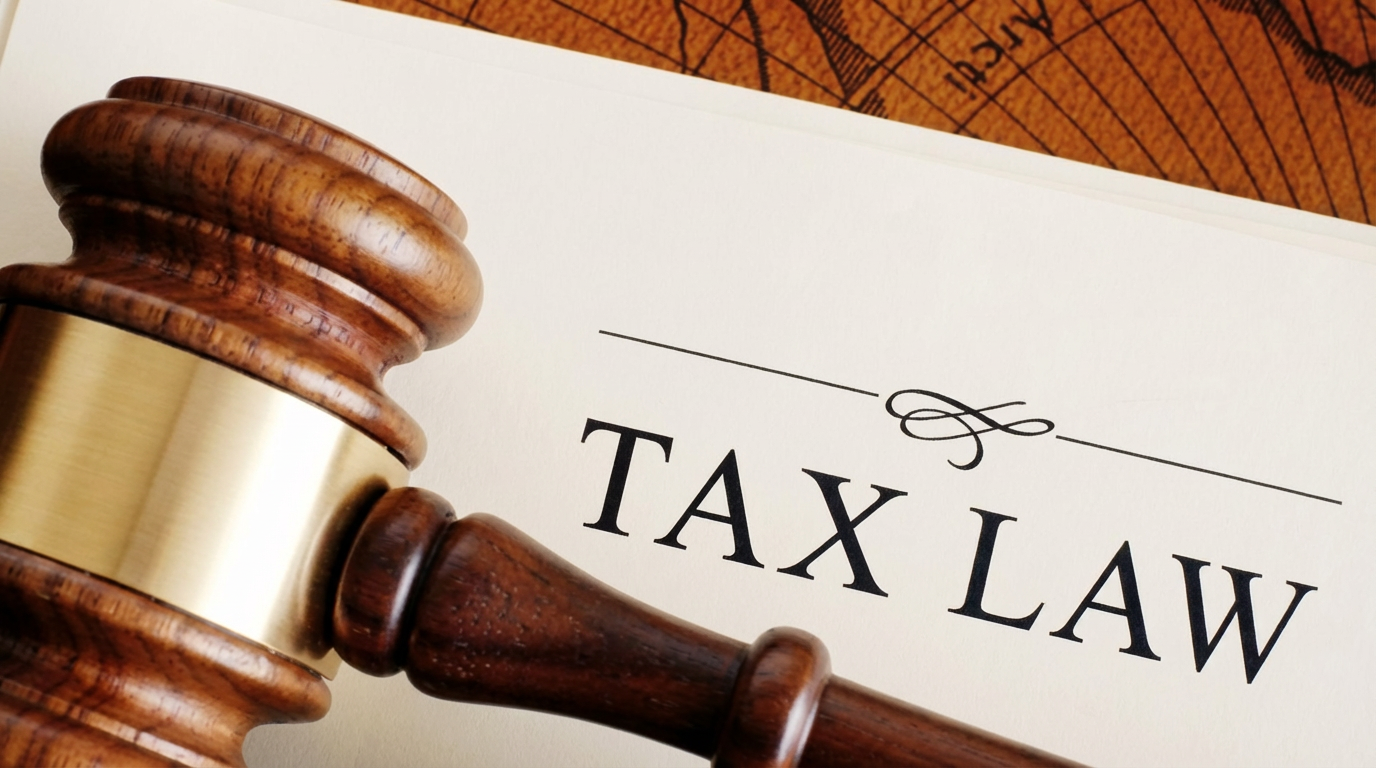Importers and clearing agents have called for an immediate public audit of the utilisation of revenue generated from the seven per cent port surcharge on cargo clearance at the seaports.
The seven per cent surcharge on imports, also known as port development levy, is dedicated to funding port reconstruction and development, and it is paid into the coffers of the Central Bank of Nigeria (CBN).
But stakeholders noted that the surcharge has become an unsustainable burden on businesses as the cost of clearing cargo is at an all-time high, with importers, exporters, clearing agents, freight forwarders and manufacturers facing unprecedented operational pressure.
In a letter addressed to the President, Bola Tinubu, the Africa Association of Professional Freight Forwarders and Logistics of Nigeria (APFFLON) said that with port terminals already concessioned to private operators, the original justification for the surcharge no longer holds, as the bulk of port infrastructure and operational responsibilities are now in private hands.
According to the letter signed by the President of APFFLON, Frank Ogunojemite, port users have received no direct value or improved service from this charge. It added that the levy only drives up import costs, disrupts supply chains and pushes many legitimate businesses into financial distress.
The Guardian gathered that when clearing goods at the ports, an importer is required to pay four per cent foreign common surcharge (FCS) tax code, representing the newly revived four per cent charge on the free-on-board (FOB), followed by the 20 per cent on duty payment, a 15 per cent Nigerian Automotive Kevy, 0.5 per cent ETL, 7.5 per cent value added tax (VAT) and the seven per cent port surcharge.
“At a time when the nation is confronted with severe economic distress, characterised by escalating inflation, volatile exchange rates, and a weakening Naira, this surcharge has become an unsustainable burden on businesses and the Nigerian people.
“While we acknowledge and commend the Federal Government’s efforts at revenue generation and infrastructure development, we believe that burdening trade stakeholders at such a fragile economic moment, risks stifling productivity, discouraging formal trade, and fueling inflation,” the group stated.
It called for an immediate downward review of the surcharge, a public audit of the revenue it generates and a transparent, harmonised port pricing system to remove overlapping levies and reduce bottlenecks in cargo clearance.






